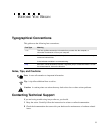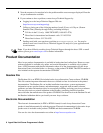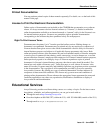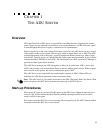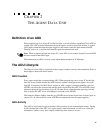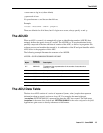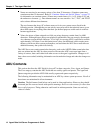
9
CHAPTER 1
T
HE ADU SERVER
Overview
The Agent Data Unit (ADU) Server is responsible for tracking the state of agents at the contact
center. Agents are also referred to as customer service representatives, or CSRs. The term “agent”
is used throughout this book to signify a customer service representative.
When an agent logs in the Avaya Interaction Center (Avaya IC), the ADU Server creates a record
of the agent's session on the system. This record is called an Agent Data Unit or ADU. The ADU
contains information such as the agent’s login ID, equipment number, phone type, time of login,
state (InCall, WrapUp, and so on), and the time the current agent state was entered. It also contains
a unique identifier (ADUID) for each ADU. The information in an ADU is used by IC Manager to
generate real-time Agent Status monitors.
The ADU Server manages the ADU throughout its lifecycle. It creates new ADUs, stores open
ADUs, and provides services that enable clients to interact with an agent's record. When an agent
ends a session on the system, the server terminates the agent’s ADU.
The ADU Server is also responsible for monitoring the contents of ADUs. When ADUs are
modified, the ADU Server generates events to interested clients.
Note: The ADU server is vary similar in function to the EDU (Electronic Data Unit) Server. With
minor exceptions, the ADU Server functions the same way as the EDU Server.
Start-up Procedures
When Avaya IC starts up, the Avaya Toolkit starts up the ADU Server. When an agent logs in to
Avaya IC, the Toolkit invokes the ADU.FindOr() method, causing the ADU Server to find or
create an ADU for the agent.
If for some reason the ADU Server is not running when an agent logs in, the ADU.Create() method
invocation causes the ADU Server to be started.







